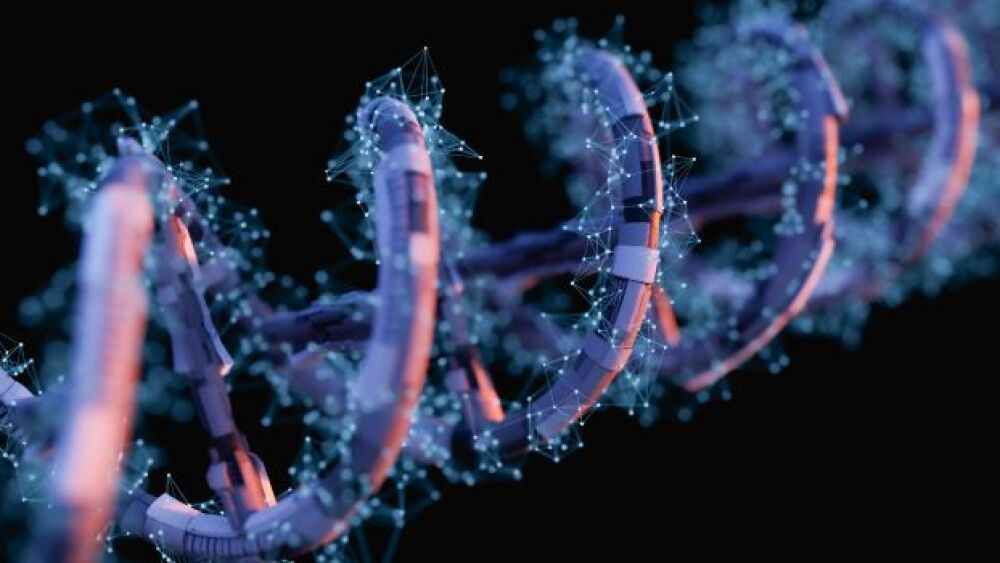There is hope for uniQure’s HOPE-B trial after all. Shares of uniQure NV are climbing this morning after the company announced the clinical hold on its hemophilia B gene therapy has been lifted by the U.S. Food and Drug Administration.
There is hope for uniQure’s HOPE-B trial after all. Shares of uniQure NV are climbing this morning after the company announced the clinical hold on its hemophilia B gene therapy has been lifted by the U.S. Food and Drug Administration.
The HOPE-B program was placed on clinical hold in December 2020 after a patient who received the investigational gene therapy treatment AMT-061 (etranacogene dezaparvovec) was diagnosed with hepatocellular carcinoma (HCC). This morning, uniQure said the FDA determined the Massachusetts-based company satisfactorily addressed all issues it had identified related to that patient.
The patient in question had multiple risk factors associated with HCC, including a 25-year history of hepatitis C and hepatitis B. Chronic infections with hepatitis B and C have been associated with approximately 80% of HCC cases.
Last month, uniQure announced results of the investigation into the incident of HCC that reveals it was doubtful the gene therapy had any relationship to the cancer diagnosis in that patient. As BioSpace reported at the time, the investigation showed the AAV vector from the treatment that had integrated into the patient’s tissue specimens was extremely rare, making up only 0.027% of the cells in the sample. The AAV vector was evenly distributed across the patient’s genome, with “no evidence of clonal expansion or any dominant integration event.”
Additionally, genome sequencing of the patient’s tumor also concluded that the patient had had several genetic mutations often associated with HCC and are not linked with the integration of the gene therapy vector. The report also showed an “analysis of the tumor gene expression as well as adjacent tissue indicated a precancerous state in the liver that is consistent with risk factors that predispose the patient to HCC.”
Ricardo Dolmetsch, president of research and development at uniQure, said patient safety is the company’s priority and thanked the FDA for its help in resolving the clinical hold.
“Our comprehensive investigation showed that AMT-061 (etranacogene dezaparvovec) is very unlikely to have contributed to the HCC in our patient. We look forward to announcing top-line 52-week data from the HOPE-B pivotal trial later this quarter,” Dolmetsch said in a statement.
To ensure the continued safety of the HOPE-B patients, uniQure will continue to monitor them for signs of potential issues. Each of the patients will receive abdominal ultrasounds every six months.
The company noted that no other cases of HCC had been reported in clinical trials conducted in more than 100 patients in hemophilia B and other indications. Some of those patients received their gene therapy treatments more than 10 years ago, the company added.
Etranacogene dezaparvovec, uniQure’s gene therapy candidate, consists of an AAV5 viral vector carrying a gene cassette with the patent-protected Padua variant of Factor IX, a blood-clotting protein that is in short supply for hemophilia B patients. In a Phase III study, AMT-061 increased production of Factor IX in nearly all trial participants. Trial data showed that the need for Factor IX replacement therapy decreased by 96% in all patients. The results indicate that AMT-061 will live up to the “one-and-done” hope for gene therapies.





